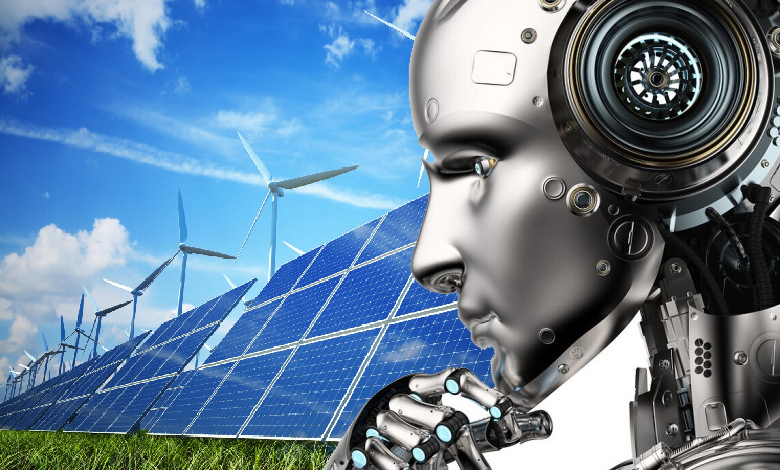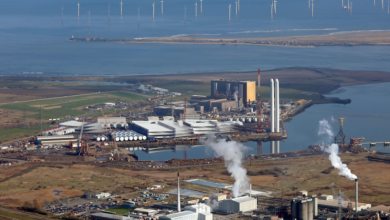AI’s environmental costs could fall disproportionately on marginalised people

The ever-evolving AI is being celebrated globally for its potential to save lives by improving weather forecasting. But the technology also plays “a significant role in exacerbating the climate crisis,” noted a Brookings Institution report released on Tuesday.
Titled “The US must balance climate justice challenges in the era of artificial intelligence”, the report from the left-leaning think tank has been prepared by Brookings Metro Senior Research Associate Manann Donoghoe, senior fellow Andre Perry and visiting fellow Joseph Keller.
AI’s increasing energy consumption in focus
The research cited comments earlier in July by OpenAI chief executive Sam Altman, who emphasised at the recently concluded Davos summit in Switzerland that “we still don’t appreciate the energy needs of this technology.”
The prominent entrepreneur noted that the future of AI depends on breakthroughs in clean energy, according to The Verge, as the technology is expected to consume an enormous amount of electricity as it matures in the near future.
The Brookings Institution report underscored AI’s increasing energy consumption as it undertakes more complex tasks. Training a chatbot demands roughly the same amount of energy as 1 million US homes consume in an hour, it elaborated.
Moreover, AI data centres – in addition to releasing large amounts of greenhouse gases – also required massive tracts of land and consume considerable amounts of water. Amid climate change created droughts, the technology is facing heightened scrutiny.
AI could perpetuate historical environmental inequities
The research is a sharp contrast to other reports touting AI’s potential to address the climate crisis by making storm forecasts more accurate and quickly available. The authors also warned that the technology’s environmental costs could disproportionately hit marginalised people.
AI’s climate impacts are heaviest in areas already dependent on fossil fuels, which are often near poor communities, the report noted. “These circumstances could perpetuate historical environmental inequities related to extreme heat, pollution … and access to portable water.”



